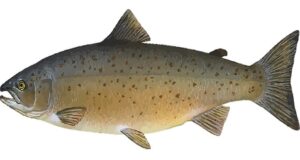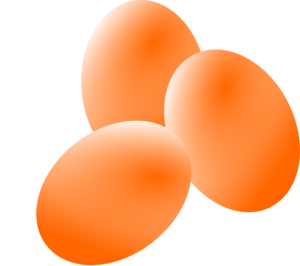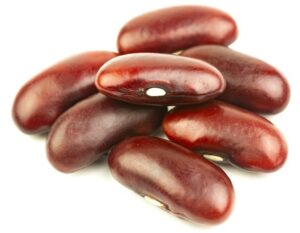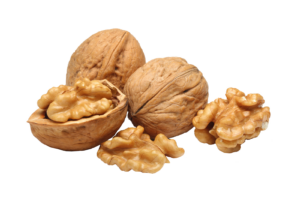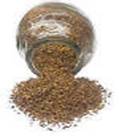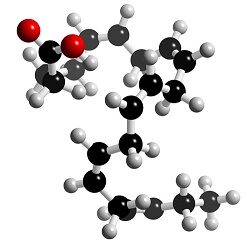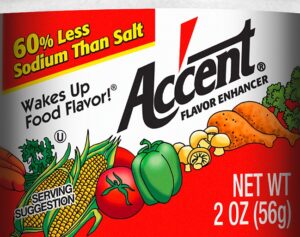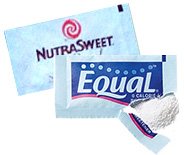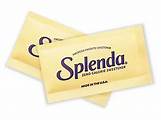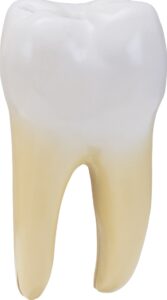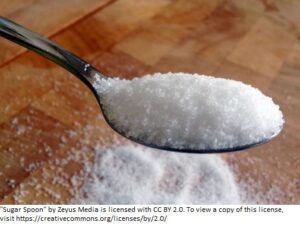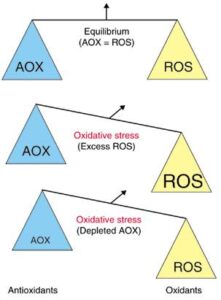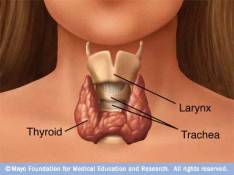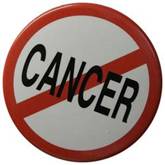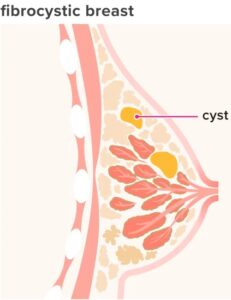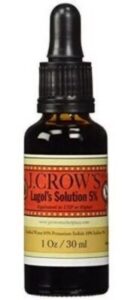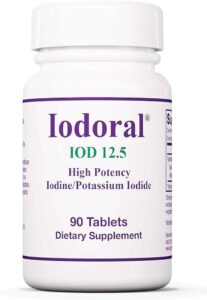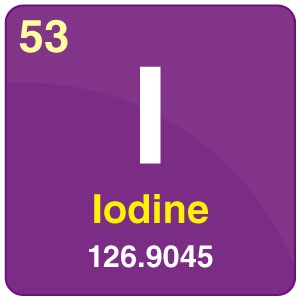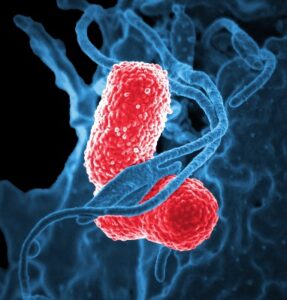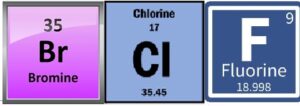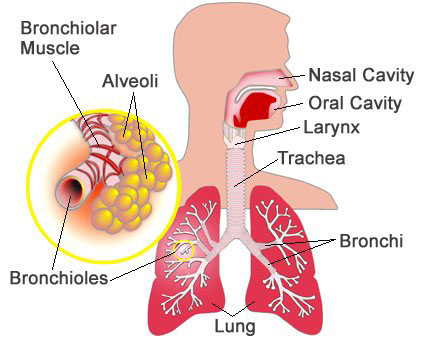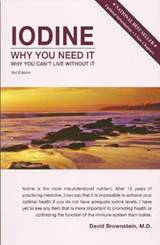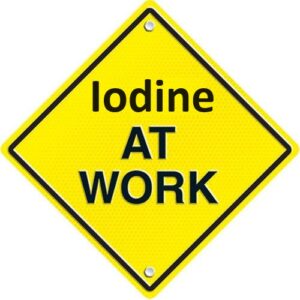
Reports of breast cancer cases treated with iodine

Courtesy: Article by Jeffrey Dach, MD
David Brownstein, MD reports three cases of spontaneous regression of breast cancer after women take iodine supplementation David Brownstein MD, 2009
Case 1: Joan, an English teacher
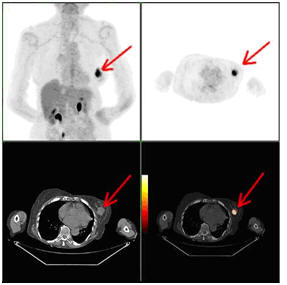
Diagnosed with breast cancer in 1989 and declined conventional treatment; took 50 mg / day of Iodoral® (iodine/iodide). Six weeks later, “all of the existing tumors were disintegrating”. In diagram (Photo: courtesy of Wikimedia Commons), upper two frames show PET scan before and after treatment (red arrow points to tumor). Lower two frames show CAT scan before and after treatment.
Case 2: Delores
73 year old Delores was diagnosed with breast cancer in 2003 and declined treatment with radiation and chemotherapy; took 50 mg / day of Iodoral®(iodine/iodide). A follow-up ultrasound of the breast a8 months later showed, “It appears that these malignancies have diminished in size since the last examination. Interval improvement is definitiely seen, . . .”. Two years later, a follow-up mammogram and ultrasound failed to show any abnormality.
Case 3: Joyce
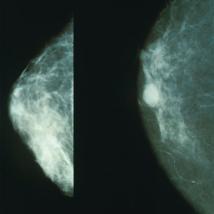
52 year old Joyce presented 2 two years after breast cancer diagnosis and began 50 mg / day of Iodoral®(iodine/iodide). Three years later, her follow-up mammograms and ultrasound exams showed decreasing tumor size with no progression. (Photo: courtesy of Wikimedia Commons);
Other reports on iodine treatment success against cancer
India
The Shrivastava group in India reported molecular iodine induces apoptosis (programmed cell death) in human breast cancer cell cultures. “Iodine showed cytotoxic effects in the cultured human breast cancer cells”. (3)
Mexico
From Mexico, the Carmen Aceves Velasco Group reported Iodine to be safe, with no harmful effects on thyroid function, and an anti-proliferative effect on human breast cancer cell cultures. (5)(6)(7) Their 2009 paper reported the mechanism by which Iodine works as an anti-cancer agent. Iodine binds to membrane lipids called lactones forming iodo-lactones which regulate apoptosis (programmed cell death). Iodine causes apoptosis which makes cancer cells undergo programmed cell death.(4) Dr. Aceves concluded that continuous molecular iodine treatment has a “potent antineoplastic effect“on the progression of mammary cancer. (10)
Japan
From Japan, Dr Funahashi reported a common seaweed food containing high iodine content is more beneficial than chemotherapy on breast cancer . He found thatadministration of Lugol’siodine or iodine-rich Wakame seaweed to rats treated with the carcinogen dimethyl benzanthracene suppressed the development of mammary tumors. The same group demonstrated that seaweed induced apoptosis in human breast cancer cells with greater potency than that of fluorouracil, a chemotherapeutic agent used to treat breast cancer.”(8)
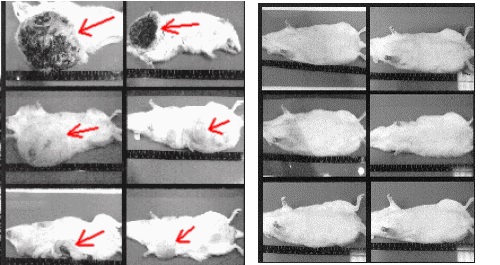
Fig 2 from Funahashi 2001. Breast cancer induced in rats with DMBA a carcinogenic chemical. Left Images untreated (Control) rats with large breast cancer tumors visible at the (red arrows) Right Images are are rats pre-treated with Iodine (mekabu seaweed) showing no breast cancer tumors… Funahashi 2001 Jpn Journal Cancer Research
Also – a study on lung cancer and iodine
A 2003 study by Ling Zhang showed that molecular Iodine caused lung cancer cells to undergo programmed cell death (apoptosis). These lung cancer cells had been genetically modified to increase iodine uptake. Zhang, 2003 Interestingly, a 1993 case report describes spontaneous remission of lung cancer in a patient incidentally treated with Amiodorone which contains iodine (about 9 mg per day). Hercbergs, 1993
References
David Brownstein MD, 2009 Iodine, Why You Need It , Why You Can’t Live Without It. Fourth Edition, Medical Alternatives Press. page 63)
Hercbergs, Aleck, John T. Leith. (1993) “Spontaneous remission of metastatic lung cancer following myxedema coma—an apoptosis-related phenomenon?.” JNCI: Journal of the National Cancer Institute 85.16 : 1342-1343.
Shrivastava, Ashutosh, et al. (2006) Journal of Biological Chemistry 281.28 (2006): 19762-19771.
Zhang, Ling, et al. (2003) “Nonradioactive iodide effectively induces apoptosis in genetically modified lung cancer cells.” Cancer research 63.16: 5065-5072.









